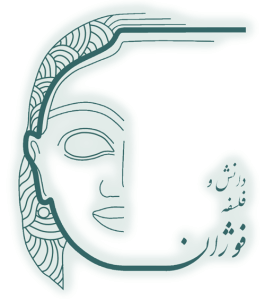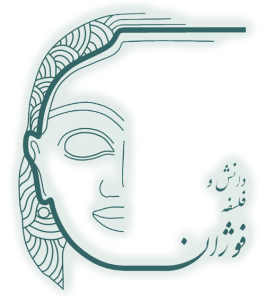Keith Frankish
Keith Frankish
- Sheffield University, UK
- https://www.sheffield.ac.uk/philosophy/people/affiliated-staff/keith-frankish
- http://keithfrankish.com/
Main Interests
- Philosophy of mind, especially the nature of conscious experience and thought.
- Philosophy of psychology and cognitive science, especially dual-process theories of reasoning.
Remarkable ideas
- Illusionism
Keith is known for espousing the view that phenomenality is an introspective illusion. “We humans have learned a variety of subtle but powerful tricks — strategies of self-control, self-manipulation, and extended problem-solving — which vastly extend the power of our biological brains and give us the sense of having a unified, phenomenally conscious mind, self, or soul.”
About Keith
Keith was born and brought up in South Yorkshire, UK. He had a happy childhood but his teenage years were marred by persistent illness, which prevented him from finishing his education. In the late 1980s, he studied for an Arts degree with The Open University, then, in the 1990s, went on to do postgraduate work at the University of Sheffield, which ran a strong MA program in mind, meaning, and intentionality. He took a taught Master’s degree there, writing his concluding thesis on Dennett’s belief/opinion distinction. He continued at Sheffield as a doctoral student, supported by a British Academy studentship. His PhD thesis, which was supervised by Peter Carruthers and Christopher Hookway, distinguished two types of belief and argued for a two-level framework for folk psychology. During this period he also held a temporary lectureship in the Sheffield department.
In 1999, he returned to The Open University, this time as a Lecturer in the Philosophy Department at the University’s main campus in Milton Keynes. A large part of the job involved designing courses and writing teaching materials for them. He helped design the course A207: From Enlightenment to Romanticism, prepared a block on folk psychology for the University’s MA in Philosophy, and wrote a book on consciousness for the third-level course AA308: Thought and Experience: Themes in the Philosophy of Mind. He also chaired various course teams and taught at residential schools.
In the early 2000s, he was also a Senior Member of Robinson College, Cambridge, and in his spare time, he acted as a Director of Studies for the college, overseeing the work of the college’s cohort of philosophy students.
Keith is a strong believer in the importance of interdisciplinary collaboration, and he has sought to promote it through various initiatives, including organizing a major conference on dual-process theories in 2006 and serving for several years as director of the OU’s Mind, Meaning, and Rationality research group.
In 2008, he moved to Crete, Greece – a move made for family reasons. From 2008-to 9 he was a Visiting Researcher in the Department of Philosophy and Social Studies at the University of Crete, and from 2010 he has been an Adjunct Professor with the University’s Brain and Mind Program, which the Faculty of Medicine hosts. He remains associated with The Open University, as a Visiting Senior Research Fellow. In recent years he has also renewed his connection with the University of Sheffield. In 2017 the Philosophy Department there awarded him the title of Honorary Reader, and in 2022 that of Honorary Professor. In these roles, he contributes to the department’s activities on a pro bono basis.
Keith has published many books and research papers, participated in many conferences, and received several awards. He currently edits the Elements in Philosophy of Mind strand of CUP’s Cambridge Elements project. He has also written about the philosophy of mind and other topics for a range of magazines, including Aeon, The Economist, New Humanist, Philosophy Now, Psyche, The Philosophers’ Magazine, Times Higher Education, and The Times Literary Supplement.
Books
- Mind and Supermind (2004)
- Consciousness (2005)
- In Two Minds: Dual Processes and Beyond (2009)
- New Waves in Philosophy of Action (2010)
- The Cambridge Handbook of Cognitive Science (2012)
- The Cambridge Handbook of Artificial Intelligence (2014)
- Cognitive Unconscious and Human Intelligence (2016)
- Illusionism as a Theory of Consciousness (2017)
- Consciousness: The Basics (2021)
He has done much research and participated in many conferences and received many awards, as well:
Awards:
- 2007–2008: Awarded £24,362 under The Arts and Humanities Research Council’s Research Leave Scheme to fund a personal research project titled ‘Exploring the two-level mind’. Project graded A+ by the Council’s peer reviewers.
- 2006: Merit award, Arts Faculty, Open University.
- 2005–2006: Awarded £2,000 Mind Association Conference Grant to a part-fund conference on dual-process theories of reasoning.














